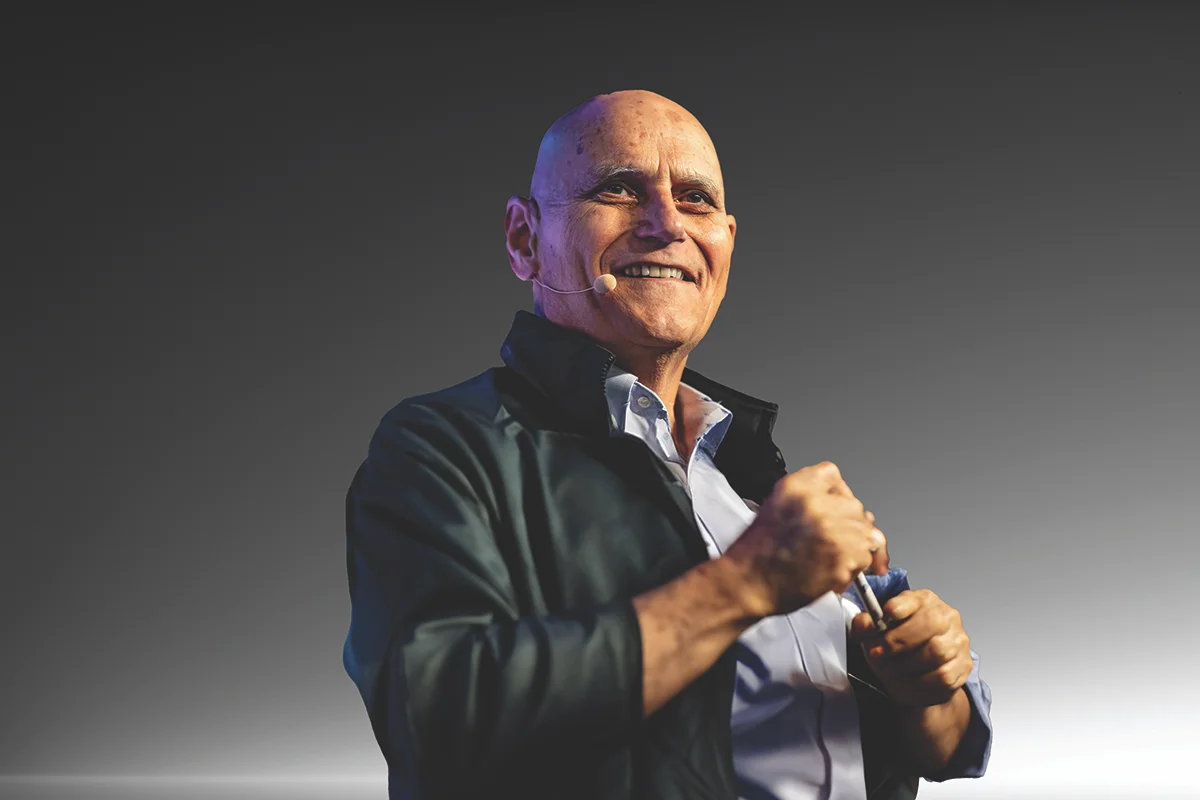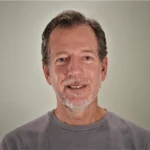Steven C. Hayes Redefines Mental Health Through Acceptance and Commitment Therapy

Insights on ACT, Psychological Flexibility, and the Future of Mental Health
Steven C. Hayes discusses the creation of ACT, its misconceptions, and how psychological flexibility reshapes mental health practices for lasting change.
Dr. Steven C. Hayes, a leading figure in psychology and the creator of Acceptance and Commitment Therapy (ACT), has spent decades transforming how we understand mental health and human suffering. Through his groundbreaking research and influential books, Hayes has redefined psychological treatment, emphasizing psychological flexibility and the power of human resilience. His work continues to inspire and impact millions worldwide, offering innovative approaches to well-being that challenge traditional frameworks.
Steven C. Hayes is a visionary whose groundbreaking work in psychology has reshaped the way we approach mental health and personal growth.
A Visionary in Psychology
Dr. Steven C. Hayes is a name that resonates across the psychological community as a pioneer whose work has transformed how we understand and approach mental health. As the creator of Acceptance and Commitment Therapy (ACT) and co-developer of Relational Frame Theory (RFT), Hayes has built a legacy rooted in merging scientific rigor with deeply humanistic values. His contributions have touched millions, both through academic research and widely read publications like Get Out of Your Mind and Into Your Life and A Liberated Mind.
The Birth of ACT
Hayes’ journey into developing ACT was driven by personal struggle and professional frustration. While drawn to behaviorism early on, he found it inadequate in addressing emotions and cognition. A personal bout with panic disorder became the turning point. Instead of resisting anxiety, Hayes embraced it—an experience that eventually led to the creation of ACT. After years of research, ACT emerged not just as a therapy, but as a model for psychological flexibility that now informs the work of over a million trained professionals worldwide.
Dispelling the Misconceptions
One of the most common misunderstandings about ACT is that it’s just another therapeutic technique. Hayes clarifies that ACT is a broader model of change—applicable not only to mental health but also to behavioral wellness and social development. With its rich foundation in psychological flexibility processes, ACT has become one of the most empirically validated and versatile approaches in modern psychology.
Language, Learning, and Relational Frame Theory
Hayes emphasizes that the roots of human cognition lie in relational learning—our ability to derive relationships between symbols and meanings. Through RFT, he and his colleagues uncovered how symbolic learning, while responsible for humanity’s greatest advancements, also contributes to suffering. Rather than trying to “unlearn” painful thoughts, ACT focuses on changing their function—offering people a new relationship with their inner experiences.
The Future of Process-Based Therapy
Looking ahead, Hayes envisions a future where therapy is no longer confined to rigid diagnostic categories like those in the DSM. Instead, process-based therapy focuses on understanding how small psychological, biological, and social shifts lead to lasting change. This emerging model, which Hayes refers to as “idionomics,” tailors treatment to the unique pathways of individuals over time, rather than fitting them into predefined boxes.
Mindfulness with Purpose
Mindfulness plays a crucial role in ACT, not as a borrowed practice from tradition, but as a scientifically grounded process that fosters cognitive flexibility, emotional openness, and purposeful attention. In ACT, mindfulness serves as the foundation for value-driven action and a deeper sense of self, empowering individuals to live meaningfully—even in the face of adversity.
Challenging the DSM Framework
Hayes does not shy away from criticizing the long-standing reliance on the DSM for diagnosing mental disorders. After decades of research and investment, he argues, the DSM has failed to uncover any true latent psychiatric diseases. He advocates for replacing it with a more dynamic, evidence-based alternative grounded in personal change processes—a model that reflects the complexity and individuality of human experience.
Advice for Emerging Authors and Thinkers
To those aspiring to make a lasting impact in psychology, Hayes offers a simple yet profound message: follow your heart. His own career path defied conventional wisdom, often at great personal and professional cost. Yet, by staying true to his passions, Hayes built a body of work that not only changed the field—but also changed lives. “Be yourself. Follow your dreams and enjoy the process,” he says. “Even if the outcomes you hope for never come, at least the journey will then have been about something.”
“Be yourself. Follow your dreams and enjoy the process of pursuing them.” – Steven C. Hayes
Originally published in Reader’s House Magazine.













